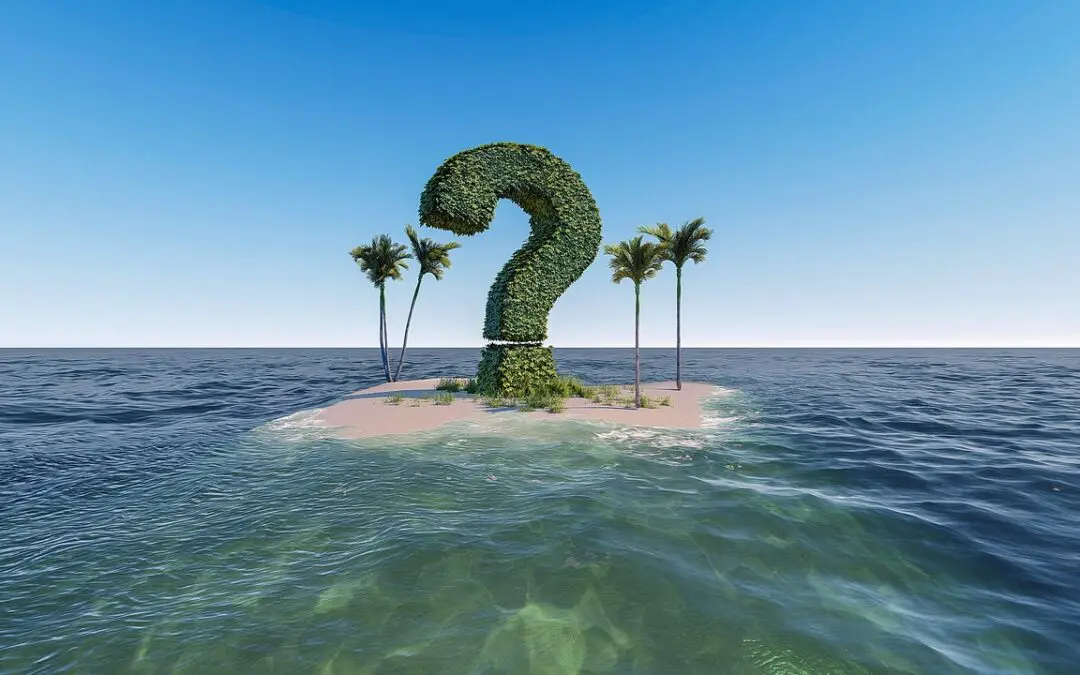From trivia night to Trivial Pursuit, many people have spent plenty of time testing their knowledge on various subjects in games of trivia. Check your local pubs’ event calendars and you’ll likely see plenty of them advertising trivia night and for good reason – people love trivia! Many people assume that people who do well on trivia have a high IQ, but is that necessarily the case?
Jeopardy, of course, is one of the most popular trivia shows in TV history. Repeat winners like Ken Jennings have become pseud-celebrities from their wins. If you do some searches on the internet you’ll find that there are mentions of Jennings having an IQ of 175. Of course, this would mean he is literally a genius. Typically, once you get an IQ above 135 or 140 the term “genius” is rightfully thrown around. Follow the link to learn more about the various classifications and ranges of IQ.
But the big question is, would someone with a higher IQ necessarily be a trivia whiz? The answer is, not necessarily.
First, you need to understand that IQ is the measurement of many different types of intelligence. There are many different intelligence tests available that will provide an IQ score, but nearly every modern test includes subtests that help establish how strong a person is in many different areas of intelligence. So, while someone may have a high IQ overall, they could also be fairly average at the elements necessary to perform well in a trivia quiz.
Types of intelligence
There have been many different theories on the types of intelligence that human beings possess, like the 9 types of intelligence that cover everything from spatial awareness to musical and intrapersonal intelligence. Additionally, there’s a common conception that there are such things as fluid and crystallized intelligence. This idea is that humans have differing abilities to collect and store, i.e. crystallize, information that they can then later recall. Fluid intelligence is more related to a person’s ability to adapt to unfamiliar situations. In layman’s terms, it’s a bit of “book smarts versus street smarts”.
So, if someone had a high level of crystallized intelligence they would be far more likely to do well at trivia than a person who only has a high level of fluid intelligence. The person with exceptional crystallized intelligence might be able to recall the definition of manifest destiny from a middle school history course, but that same person might lack the fluid intelligence to figure out how to assemble a new product that they received in the mail. Conversely, the person with exceptional fluid intelligence might assemble the new product in a matter of minutes but have no clue what manifest destiny refers to. So, in these instances, you could have two people of relatively similar IQs, but only one of them would be the person you’d want to invite to join you for your next trivia night if you’re aiming to win.
So, what’s the verdict?
Does having a high IQ make a person better at trivia?
While a high IQ might have a higher correlation to being a good trivia player, there are too many variables to say so for certain. A person who is otherwise of below-average intelligence in many areas could simply have a limited range of intelligence and the right experiences to be an excellent trivia player even with a rather unimpressive IQ.
But, if all else fails, winning at trivia is always great for bragging rights! If you want to brush up on your trivia, there are plenty of free trivia websites around the web for you to test your own skills or challenge your friends. Just know in advance it doesn’t necessarily mean you’ve got a higher IQ!

